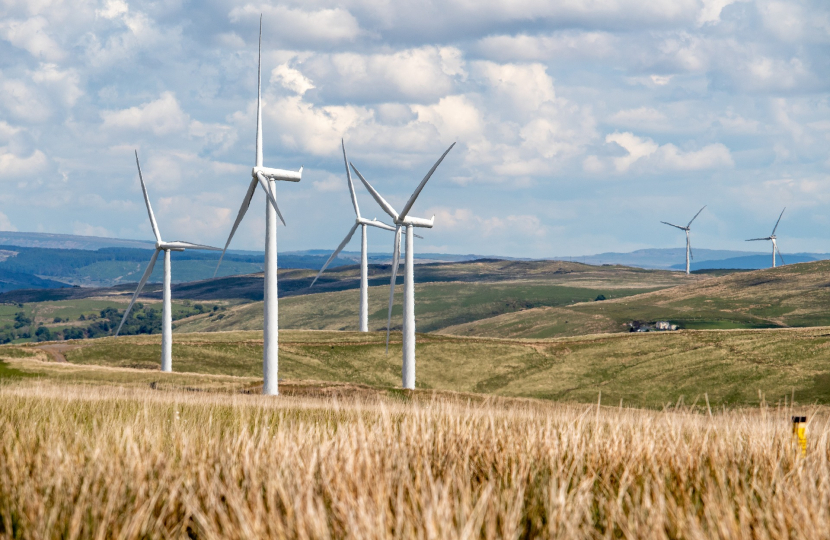
As you will be aware, the ECT, which is the largest international agreement of its kind, continues to play a crucial role in promoting investment in the energy sector and fostering international cooperation on energy, including in the development of renewable energy worldwide.
Britain has long accepted that to remain relevant the ECT needs to be updated to reflect the current energy landscape. In its unmodernised form, it is focused on trade and investment in fossil fuels. Although renewables are in scope, it does not cover modern energy technologies such as hydrogen or carbon capture and storage.
That is why the Government has spent two years negotiating to align the treaty with today’s changing energy priorities and investment treaty practices, as well as international climate commitments, such as the Paris agreement. Ministers took a leading role in pushing for additional safeguards for the sovereign right to introduce measures such as net zero and a flexible mechanism to allow parties to phase out investment protection for fossil fuels. To be clear, there were challenges to overcome in the renegotiation. It is a multilateral treaty across more than 50 states, each with different priorities on energy and climate. The UK was able to secure coverage for modern technologies, and provisions to ensure a stronger environmental, labour and climate focus.
Despite efforts to update the treaty, which the EU had supported, when it came to the final moment the EU and its member states were unable to endorse adoption of the modernisation at the energy charter conference in November 2022. This was unexpected and the Government was disappointed by this outcome. A decision on modernisation is expected to be rescheduled when enough contracting parties are in a position for a vote to take place.
The Government is carefully assessing the impact of the evolving situation to understand how best to take forward the UK's priorities in relation to the treaty. Since the conference in November 2022, the Government has monitored the public positions of other contracting parties, engaged with official-level negotiators from those parties, conducted further assessment and considered the views from stakeholders across business, civil society and Parliament. Ministers are building all that information, engagement and analysis into an ongoing assessment of how the UK should respond to the current situation in the energy charter treaty.
Ministers will keep the public informed of any relevant developments as soon as they are able and no matter the final decision on our membership or the future of the treaty, the UK remains committed to addressing the urgent need for climate action at home and abroad.




